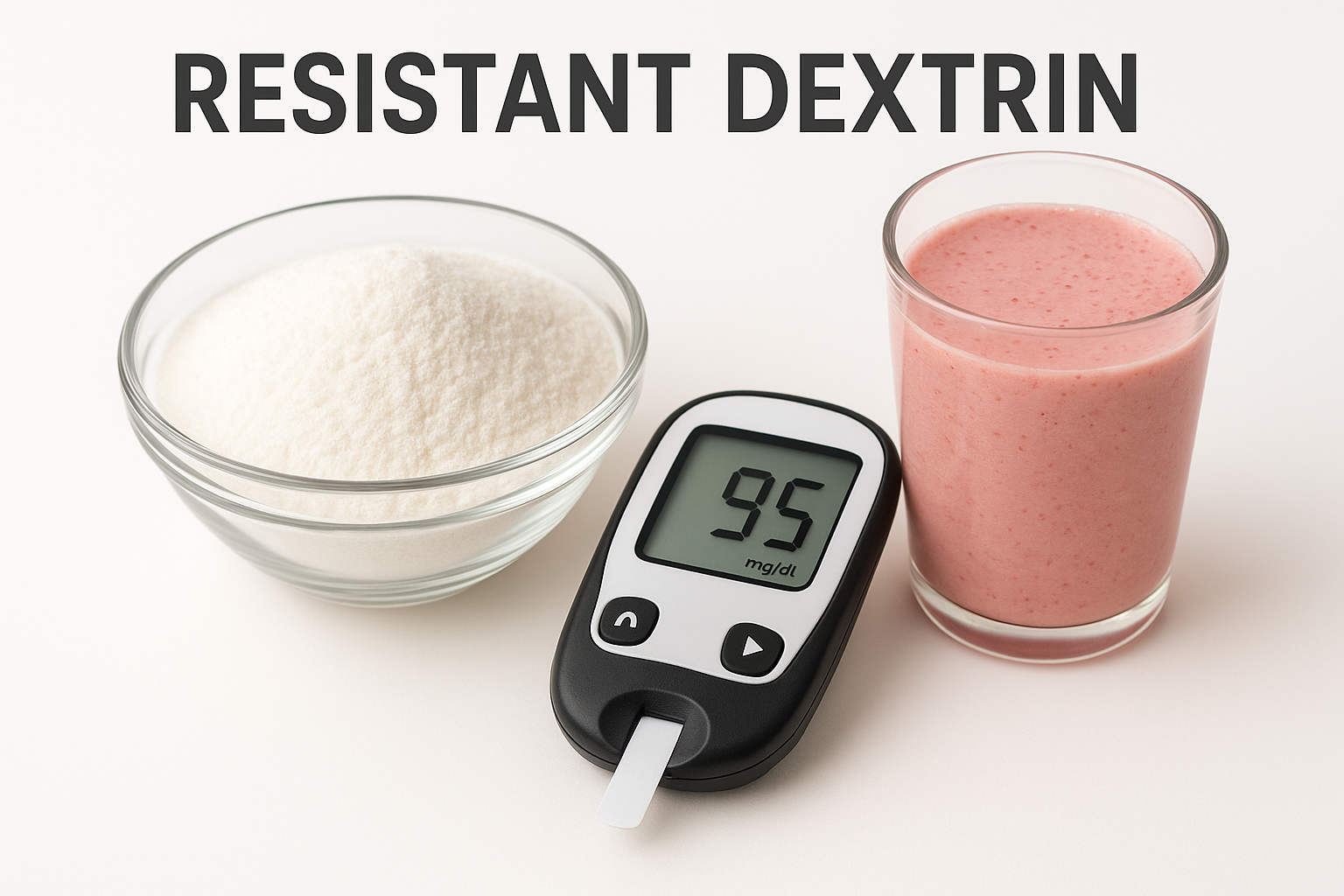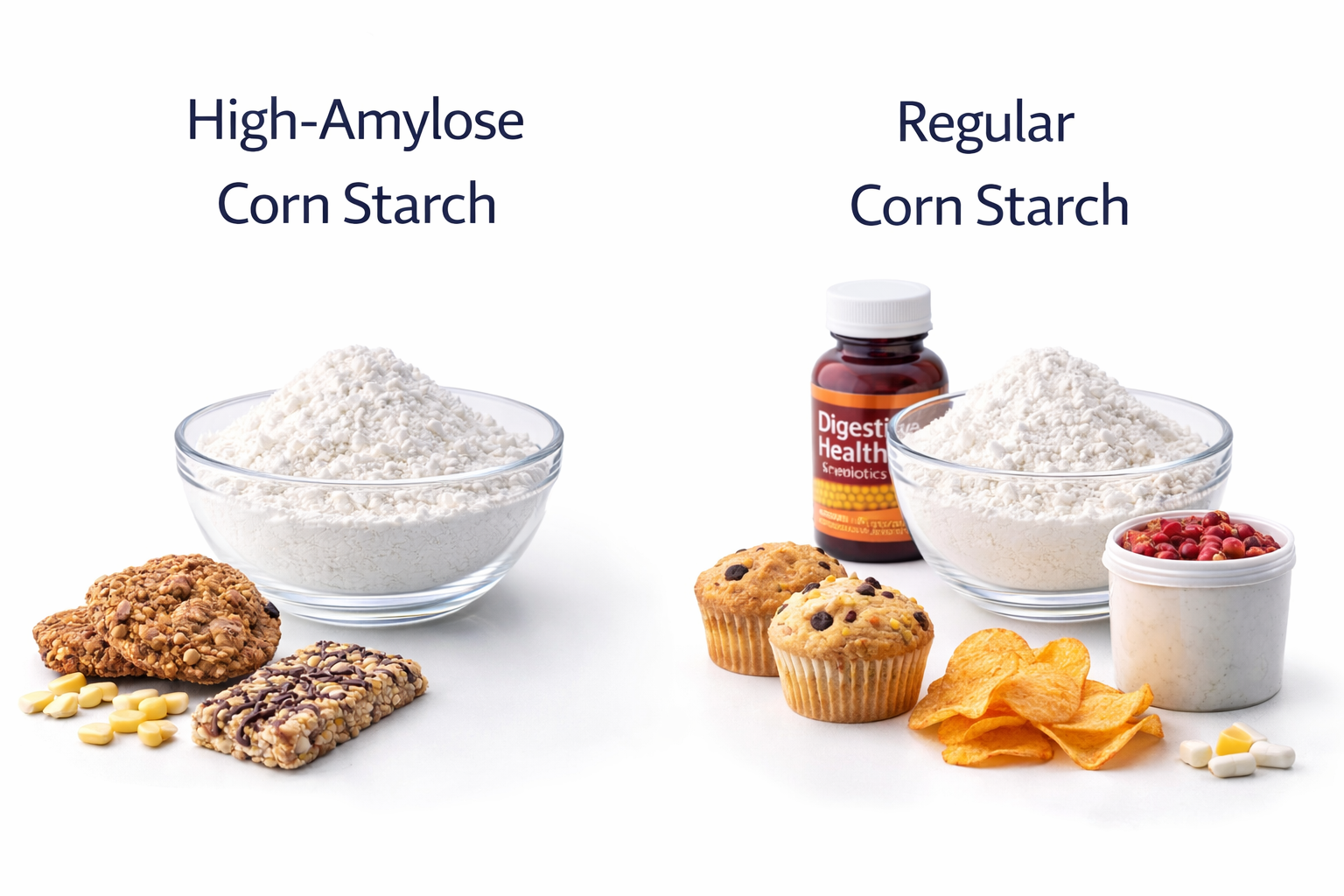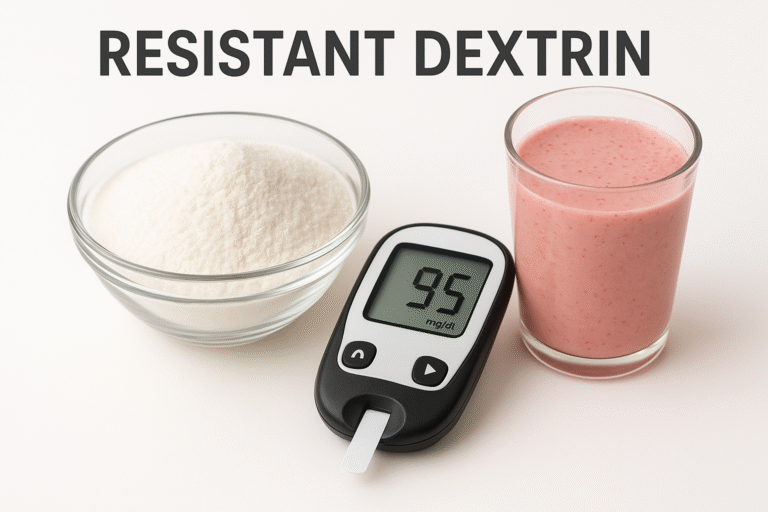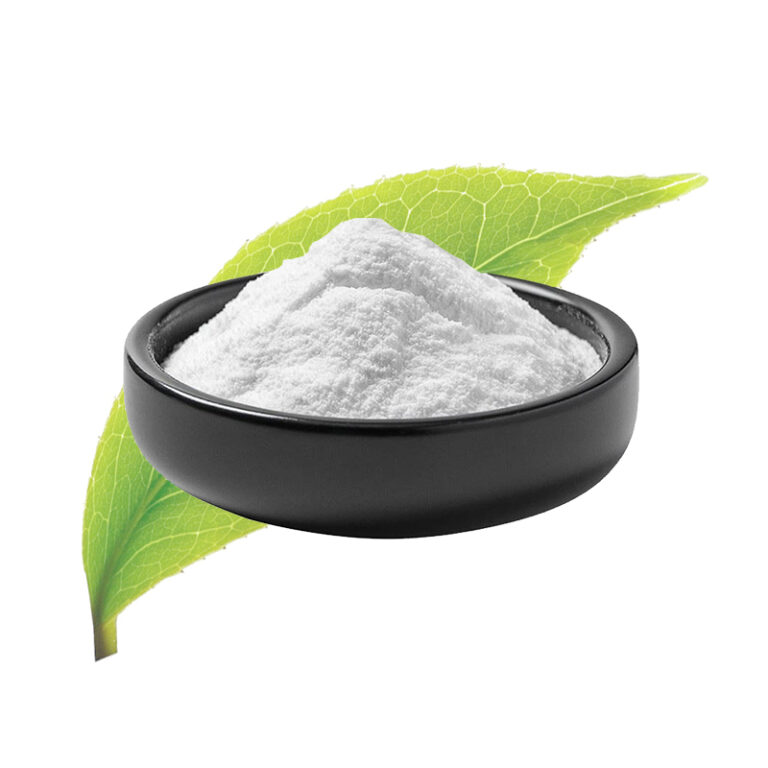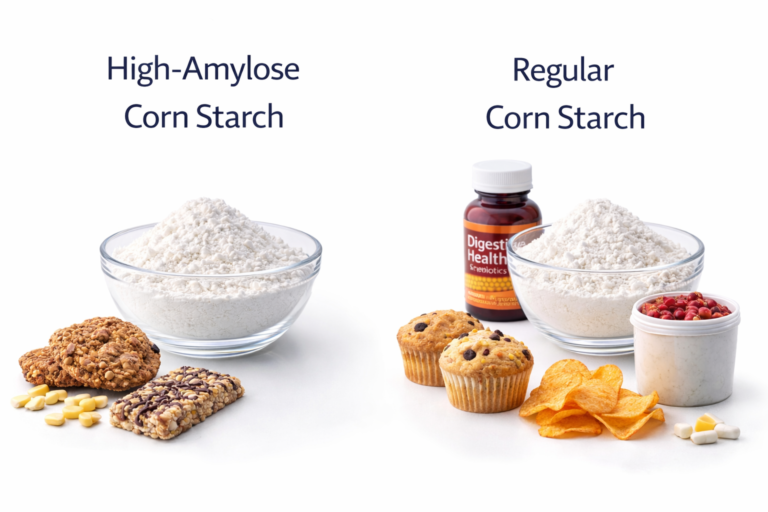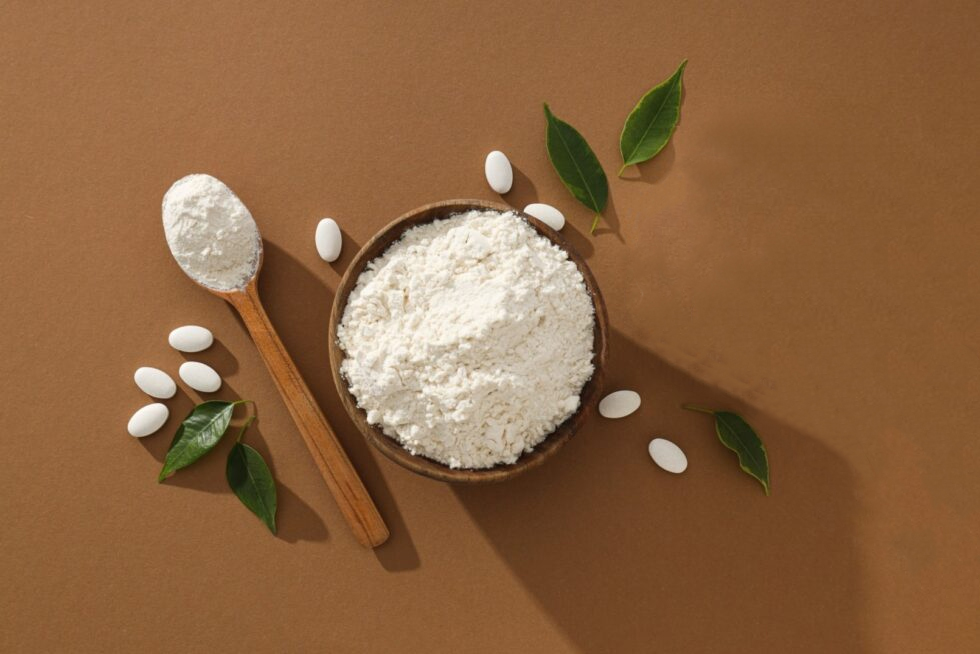
In the ever-evolving world of pharmaceutical formulations, microcrystalline cellulose (MCC) stands out as a powerhouse ingredient, transforming the way tablets are created. Renowned for its exceptional binding properties and versatility, MCC plays a vital role in ensuring the stability, consistency, and efficacy of various medications. This multifunctional excipient not only enhances the physical characteristics of tablets but also improves their disintegration and dissolution rates, making it a favorite among formulators. As we delve deeper into the myriad applications and benefits of microcrystalline cellulose, it becomes clear that unlocking its full potential can lead to significant advancements in drug delivery systems. Join us as we explore how MCC can elevate tablet formulations, optimize manufacturing processes, and ultimately contribute to better patient outcomes. Discover the secrets behind this remarkable ingredient and learn why it is essential for the future of pharmaceutical innovation.
What is Microcrystalline Cellulose?
Microcrystalline cellulose (MCC) is a refined wood pulp derivative, widely utilized in the pharmaceutical industry as a versatile excipient. This naturally occurring polymer is primarily composed of cellulose, the most abundant organic polymer on Earth, which forms the structural component of plant cell walls. Through controlled hydrolysis and purification processes, cellulose is transformed into microcrystalline cellulose, yielding a fine, white powder characterized by its crystalline structure. The small particle size and high purity of MCC contribute to its exceptional functionality in pharmaceutical applications.
MCC’s structure comprises numerous micro-sized cellulose crystals, interconnected by amorphous regions. These crystals grant MCC its unique properties, such as high compressibility and binding capacity. Due to these features, MCC serves as an essential ingredient in tablet formulation, ensuring the formation of stable and cohesive tablets. Additionally, MCC’s chemical inertness and compatibility with various active pharmaceutical ingredients (APIs) make it an ideal choice for a wide range of drug formulations.
Beyond its pharmaceutical uses, MCC is also employed in the food and cosmetic industries, further showcasing its versatility. In food products, it functions as a stabilizer, thickener, and fat substitute, while in cosmetics, it acts as a texturizing agent. This broad spectrum of applications underscores the significance of MCC as a multifunctional excipient, with its role in tablet formulation being particularly noteworthy.
The Role of Microcrystalline Cellulose in Tablet Formulation
Microcrystalline cellulose plays a pivotal role in tablet formulation, primarily due to its binding and disintegration properties. When used as a binder, MCC facilitates the adhesion of powder particles, ensuring the formation of robust and cohesive tablets. This binding capacity is crucial for maintaining tablet integrity during manufacturing, packaging, and transportation. MCC’s ability to create strong bonds between particles also enhances the mechanical strength of tablets, preventing them from breaking or crumbling.
In addition to its binding function, MCC acts as a disintegrant, promoting the rapid breakdown of tablets upon ingestion. Disintegration is a vital step in the drug delivery process, as it allows the active pharmaceutical ingredients to be released promptly and absorbed by the body. MCC’s porous structure enables it to absorb water quickly, causing the tablet to swell and disintegrate efficiently. This property is particularly beneficial for immediate-release formulations, where rapid onset of action is desired.
Furthermore, MCC contributes to the flowability and compressibility of powder mixtures during tablet production. Its free-flowing nature ensures smooth processing in tablet presses, reducing the risk of formulation errors and improving manufacturing efficiency. The high compressibility of MCC allows for the creation of dense tablets with uniform weight and content, which is essential for ensuring consistent dosing and therapeutic efficacy. These attributes highlight the integral role of MCC in optimizing tablet formulation and production.
Key Benefits of Using Microcrystalline Cellulose
The utilization of microcrystalline cellulose in tablet formulation offers numerous benefits, enhancing both the physical and functional properties of tablets. One of the primary advantages of MCC is its ability to improve tablet hardness and stability. The strong binding capacity of MCC ensures the formation of durable tablets that can withstand mechanical stress during handling and storage. This stability is crucial for maintaining the integrity and efficacy of the medication throughout its shelf life.
Another significant benefit of MCC is its compatibility with a wide range of active pharmaceutical ingredients and excipients. MCC’s inert nature prevents any chemical interactions with APIs, ensuring the stability and potency of the drug. This compatibility also allows for the incorporation of MCC in various types of formulations, including immediate-release, sustained-release, and orally disintegrating tablets. The versatility of MCC makes it an invaluable excipient for formulators looking to optimize their drug delivery systems.
Microcrystalline cellulose also enhances the disintegration and dissolution rates of tablets, improving the bioavailability of the active ingredients. Rapid disintegration ensures that the medication is quickly released and absorbed by the body, leading to prompt therapeutic effects. MCC’s ability to promote efficient dissolution is particularly beneficial for drugs with low solubility, as it aids in increasing their absorption and efficacy. These benefits collectively contribute to better patient outcomes, making MCC a preferred choice in tablet formulation.
Microcrystalline Cellulose vs. Other Excipients
When compared to other commonly used excipients, microcrystalline cellulose stands out due to its exceptional binding and disintegration properties. While starch and lactose are also popular binders, MCC offers superior compressibility and mechanical strength, resulting in more stable and durable tablets. MCC’s crystalline structure allows for the formation of strong interparticle bonds, which are essential for maintaining tablet integrity during handling and storage.
In terms of disintegration, MCC outperforms many traditional disintegrants like croscarmellose sodium and sodium starch glycolate. The porous nature of MCC enables it to absorb water rapidly, facilitating swift tablet breakdown upon ingestion. This rapid disintegration is crucial for immediate-release formulations, where timely onset of action is necessary. Additionally, MCC’s disintegration properties are consistent across different formulations, ensuring reliable performance in various drug delivery systems.
Furthermore, microcrystalline cellulose offers advantages in terms of flowability and compressibility, which are critical for efficient tablet production. Unlike some other excipients that may cause processing challenges due to poor flow properties, MCC’s free-flowing nature ensures smooth handling and uniform tablet formation. Its high compressibility allows for the creation of dense tablets with consistent weight and content, minimizing the risk of formulation errors and ensuring therapeutic efficacy. These comparative advantages highlight the superiority of MCC in tablet formulation.
Applications of Microcrystalline Cellulose in Pharmaceuticals
Microcrystalline cellulose is extensively utilized in the pharmaceutical industry, serving as a key excipient in various tablet formulations. One of its primary applications is in the production of immediate-release tablets, where rapid disintegration and dissolution are essential for prompt therapeutic effects. MCC’s binding and disintegration properties ensure the formation of stable tablets that break down efficiently upon ingestion, facilitating the swift release of the active pharmaceutical ingredients.
In addition to immediate-release formulations, MCC is also employed in the development of sustained-release tablets. These formulations are designed to release the medication gradually over an extended period, maintaining therapeutic levels in the bloodstream. MCC’s compressibility and binding capacity contribute to the formation of dense tablets that can control the release rate of the drug. The ability to modulate drug release is particularly beneficial for medications that require consistent plasma concentrations for optimal efficacy.
Microcrystalline cellulose is also used in orally disintegrating tablets (ODTs), which are designed to dissolve quickly in the mouth without the need for water. ODTs are especially advantageous for patients with difficulty swallowing or those who require rapid onset of action. MCC’s rapid disintegration properties make it an ideal excipient for ODT formulations, ensuring that the tablet dissolves promptly upon contact with saliva. These diverse applications underscore the significance of MCC in enhancing various pharmaceutical formulations.
Quality Control and Regulatory Considerations
Ensuring the quality and consistency of microcrystalline cellulose is critical for its successful application in tablet formulation. Pharmaceutical manufacturers adhere to stringent quality control protocols to guarantee the purity, particle size, and functional properties of MCC. These protocols involve comprehensive testing and validation processes, including assessments of compressibility, flowability, and disintegration performance. Adherence to quality standards ensures that MCC meets the required specifications for pharmaceutical use.
Regulatory considerations also play a vital role in the utilization of microcrystalline cellulose in drug formulations. MCC must comply with regulatory guidelines set forth by agencies such as the U.S. Food and Drug Administration (FDA) and the European Medicines Agency (EMA). These guidelines encompass aspects such as safety, efficacy, and quality, ensuring that MCC is suitable for use in pharmaceutical products. Compliance with regulatory standards is essential for obtaining approval for drug formulations and maintaining patient safety.
Furthermore, manufacturers must consider the environmental impact of MCC production and usage. Sustainable sourcing of cellulose and eco-friendly production methods are increasingly prioritized in the pharmaceutical industry. Implementing environmentally responsible practices not only aligns with regulatory requirements but also contributes to the overall sustainability of drug manufacturing processes. Quality control and regulatory considerations collectively ensure the reliable and responsible application of MCC in tablet formulation.
Innovative Uses of Microcrystalline Cellulose in Other Industries
Beyond the pharmaceutical realm, microcrystalline cellulose finds innovative applications in various other industries. In the food industry, MCC is utilized as a stabilizer, thickener, and fat substitute. Its ability to enhance the texture and consistency of food products makes it a valuable ingredient in the production of low-fat and reduced-calorie foods. MCC’s inert nature and high purity ensure that it does not alter the flavor or nutritional profile of the food, making it an ideal choice for health-conscious formulations.
The cosmetic industry also benefits from the versatile properties of microcrystalline cellulose. MCC is employed as a texturizing agent in skincare and beauty products, contributing to their smooth and creamy consistency. Its ability to absorb moisture and increase viscosity enhances the application and performance of creams, lotions, and gels. Additionally, MCC’s compatibility with various cosmetic ingredients ensures that it can be seamlessly incorporated into different formulations, enhancing the overall quality and efficacy of the products.
In the realm of industrial applications, MCC is used as a filler and reinforcing agent in composite materials. Its high mechanical strength and stability make it suitable for enhancing the durability and performance of composites used in automotive, construction, and packaging industries. MCC’s lightweight nature and biodegradability also contribute to its appeal as a sustainable material in industrial applications. These innovative uses highlight the versatility and multifunctionality of microcrystalline cellulose beyond its pharmaceutical applications.
Future Trends in Microcrystalline Cellulose Research
The future of microcrystalline cellulose research holds promising advancements that could further enhance its applications in tablet formulation and other industries. One emerging trend is the development of MCC-based nanocomposites, which leverage the nanoscale properties of cellulose to create materials with enhanced mechanical and functional characteristics. These nanocomposites could offer improved drug delivery systems, with controlled release and targeted delivery capabilities, revolutionizing pharmaceutical formulations.
Another area of research focuses on the sustainability and eco-friendliness of MCC production. Innovations in green chemistry and sustainable sourcing of cellulose are being explored to minimize the environmental impact of MCC manufacturing. These advancements align with the growing emphasis on sustainability in the pharmaceutical and industrial sectors, ensuring that MCC remains a responsible and eco-conscious choice for various applications.
Additionally, ongoing research aims to optimize the functional properties of MCC, such as its compressibility, disintegration, and dissolution rates. Advanced analytical techniques and computational modeling are being employed to better understand the molecular interactions and performance of MCC in different formulations. These insights could lead to the development of customized MCC grades tailored to specific drug delivery needs, further enhancing the versatility and efficacy of this remarkable excipient.
Conclusion: Harnessing the Benefits of Microcrystalline Cellulose in Tablet Formulation
Microcrystalline cellulose stands as a cornerstone ingredient in the pharmaceutical industry, offering unparalleled benefits in tablet formulation. Its binding, disintegration, and compressibility properties ensure the creation of stable, durable, and effective tablets that enhance drug delivery and patient outcomes. The versatility of MCC allows it to be employed in various types of formulations, from immediate-release to sustained-release and orally disintegrating tablets.
Quality control and regulatory considerations are paramount in ensuring the reliable and responsible use of MCC in pharmaceuticals. Adherence to stringent protocols and guidelines guarantees the purity, safety, and efficacy of MCC, maintaining its status as a preferred excipient among formulators. The innovative applications of MCC in other industries further underscore its multifunctionality and significance.
As research continues to advance, the future of microcrystalline cellulose promises exciting developments that could revolutionize drug delivery systems and sustainable manufacturing practices. Unlocking the full potential of MCC will undoubtedly lead to significant advancements in pharmaceutical innovation, optimizing tablet formulations and contributing to better patient outcomes. Embracing the power of microcrystalline cellulose is essential for the future of drug delivery and therapeutic efficacy.

